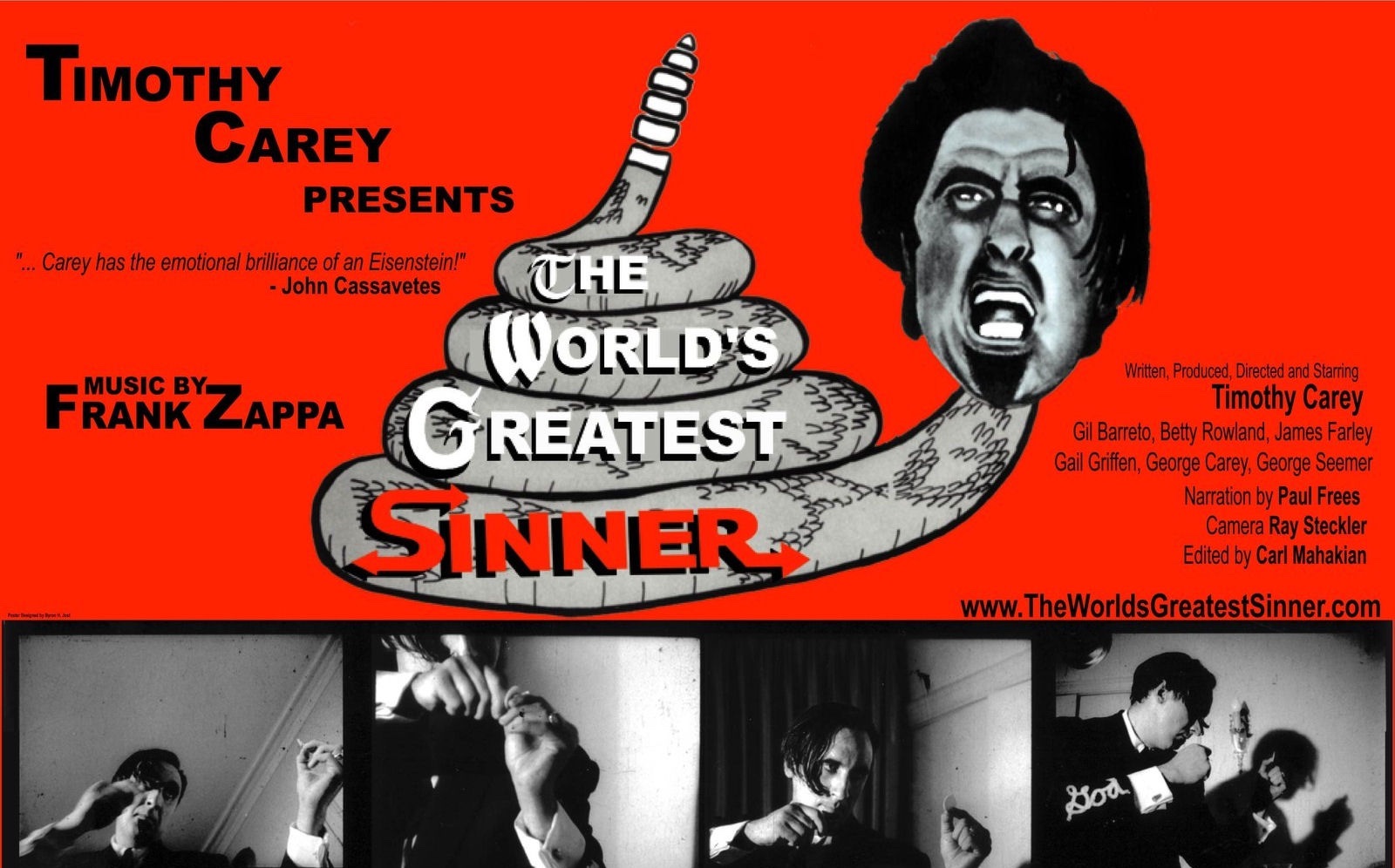(Cinemas, VOD) WE’RE ALL GOING TO THE WORLD’S FAIR was often described as creepypasta during its film fest tour last year, which — fair, given that it’s about (mostly) teens performing ritualistic summoning acts based on internet content, and then recording themselves online to document the results of said acts — but I find it more to be a character drama lined with horror elements, as opposed to a modern technological horror tale.
(As usual, I’ll keep spoilers light, but if the above sounds appealing to you, perhaps just watch the film and read this after!)
To summarize: ‘Casey’ (an astounding debut from Anna Cobb) is a high-school teen who lacks a mother, hides in a bedroom attic from an asshole father whom is rarely home, and has no friends. She loves horror and darkness and is -extremely online-. She decides to take ‘The World’s Fair Challenge’, which consists of repeating ‘I want to go to The World’s Fair’ three times over — Bloody Mary/Candyman style — then pricking your thumb and bleeding onto a screen, and lastly, watching the ‘The World’s Fair Challenge’ video via said screen, all of which she records via her very underwatched online channel.
What happens next is questionable for all involved, but it always involves some sort of physical transformation. While this could be construed as a teen puberty allegory, it has more depth.
(It’s at this point that I should note that the director, Jane Schoenbrun, is trans, but hadn’t started transitioning when she started writing the script. I highly recommend reading her spoiler-free interview with IndieWire’s Jude Dry)
‘Casey’, based on her videos, hears from an older male-presenting person known solely as JLB (the memorable character actor Michael J Rogers), who constantly frets about her. Matters escalate, but in ways you wouldn’t suspect.
At the center of WE’RE ALL GOING TO THE WORLD’S FAIR is a meditation on finding one’s identity and transformation, not in thrills or scares. (Although it does have a few of those.) While some would write this off as a COVID-centric film — apart from a sole snippet in one scene, no two major players act alongside each other — it’s also about how people reach out through technology when there’s no other way. It’s a heartfelt, singular work, and I can’t wait to see more from Jane.
Lastly, I’ll note: this may seem antithetical for an -extraordinarily online- work, but try to make the effort to see it in the theater if possible. The use of negative space, of silence, of punctuational sound — especially rain — and most certainly of hard-cuts to loading animations is so goddamn effective when blown up and taken out of a smaller screen context. It becomes almost overwhelming and daunting in a way that one rarely thinks about, but one that is certainly intended.
“I swear, some day soon, I’m just going to disappear, and you won’t have any idea what happened to me.”







